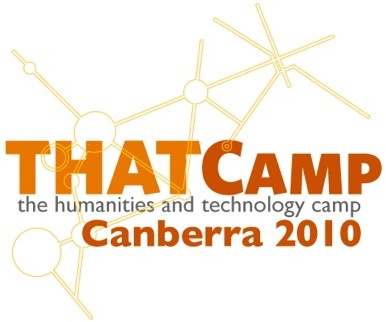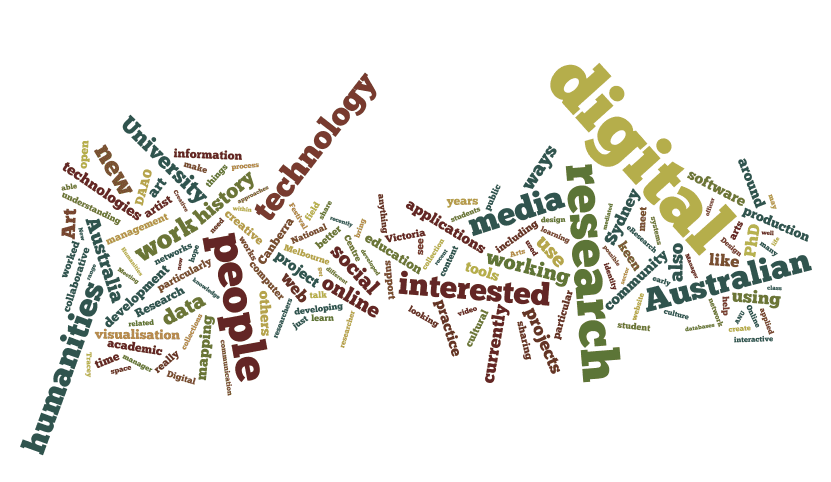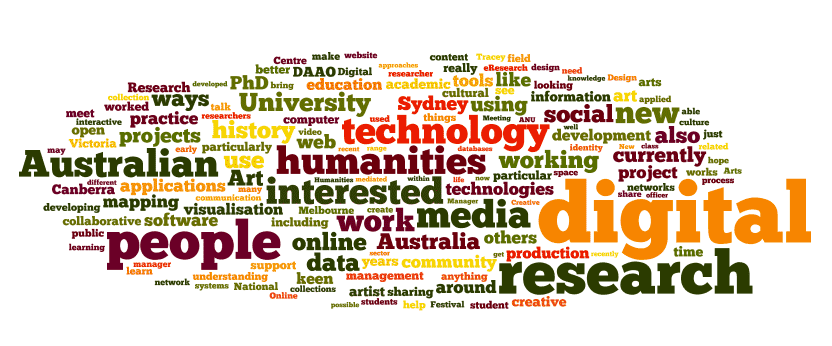Jonathan O’Donnell – I’m interested in a general discussion about how to create a simple framework that will allow businesses to show, and customers to understand, what will happen to personal information entered onto a Web site.
Privacy is an issue that Web users consistently say that are very concerned about. However, most Web sites do not handle privacy well. Their privacy statements indicate that they do not understand what legislation applies, what their responsibilities are or what risks they are exposing themselves to. For most Web sites, privacy seems too complicated for the resources they have available.
Eight years ago, copyright was also seen as being too complicated and too hard for most businesses to cope with. In the last eight years, Creative Commons has simplified copyright enormously. By creating a simple framework for copyright, Creative Commons has made it possible to for organisations and individuals to understand and use copyright correctly.
I’d like to work through some of the basic ideas behind creating a simple framework for privacy. Ideally, I’d like it to allow Web developers to apply a range of simple privacy ‘buttons’ to their Web sites. Simple graphics that make it clear to users what will happen to the information that they enter into the site. They will be backed up by plain language statements that make it clear what each graphic means, and by legal code that sets out the rights and responsibilities of the organisation and of Web site users.
Would anyone else be interested in that?


